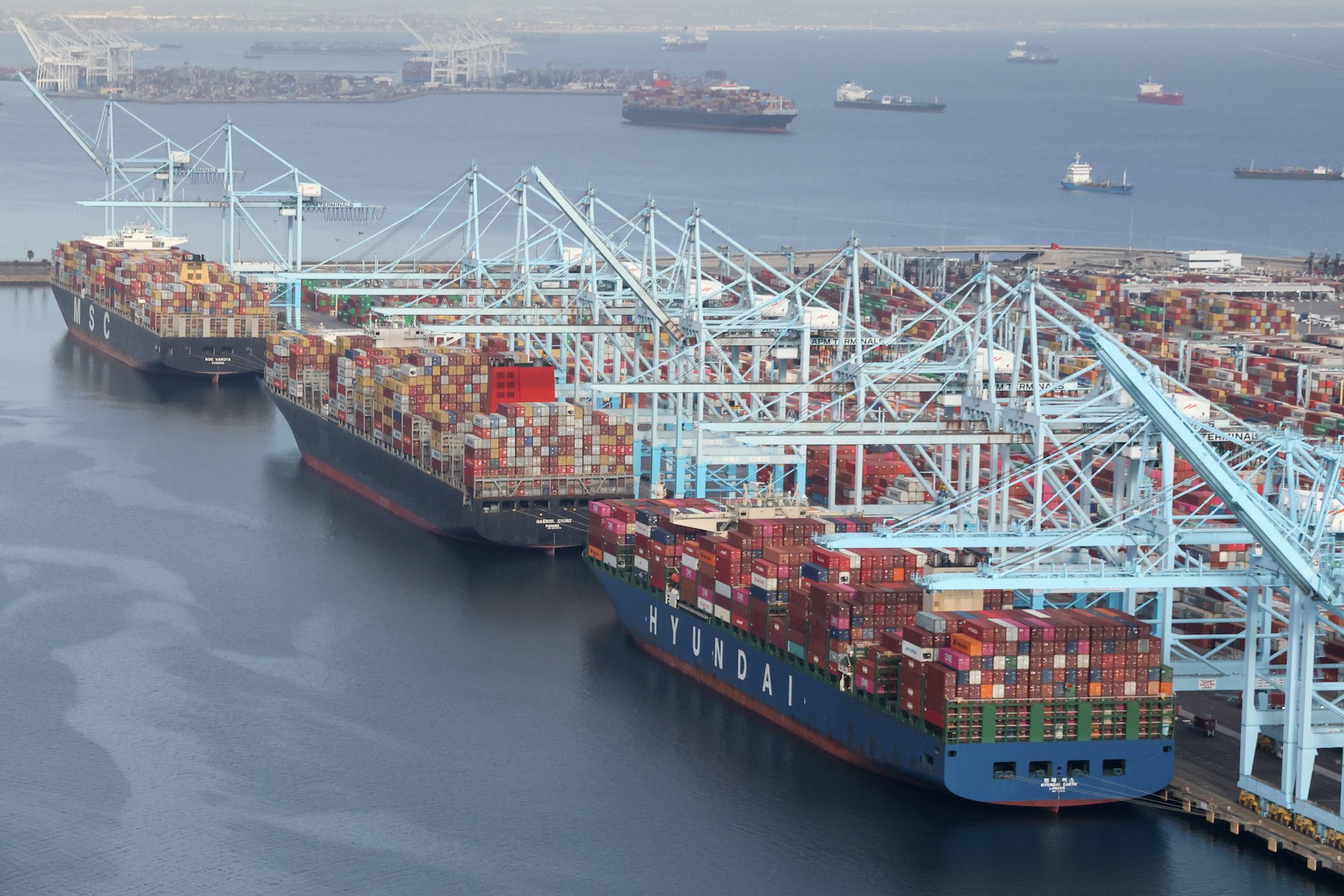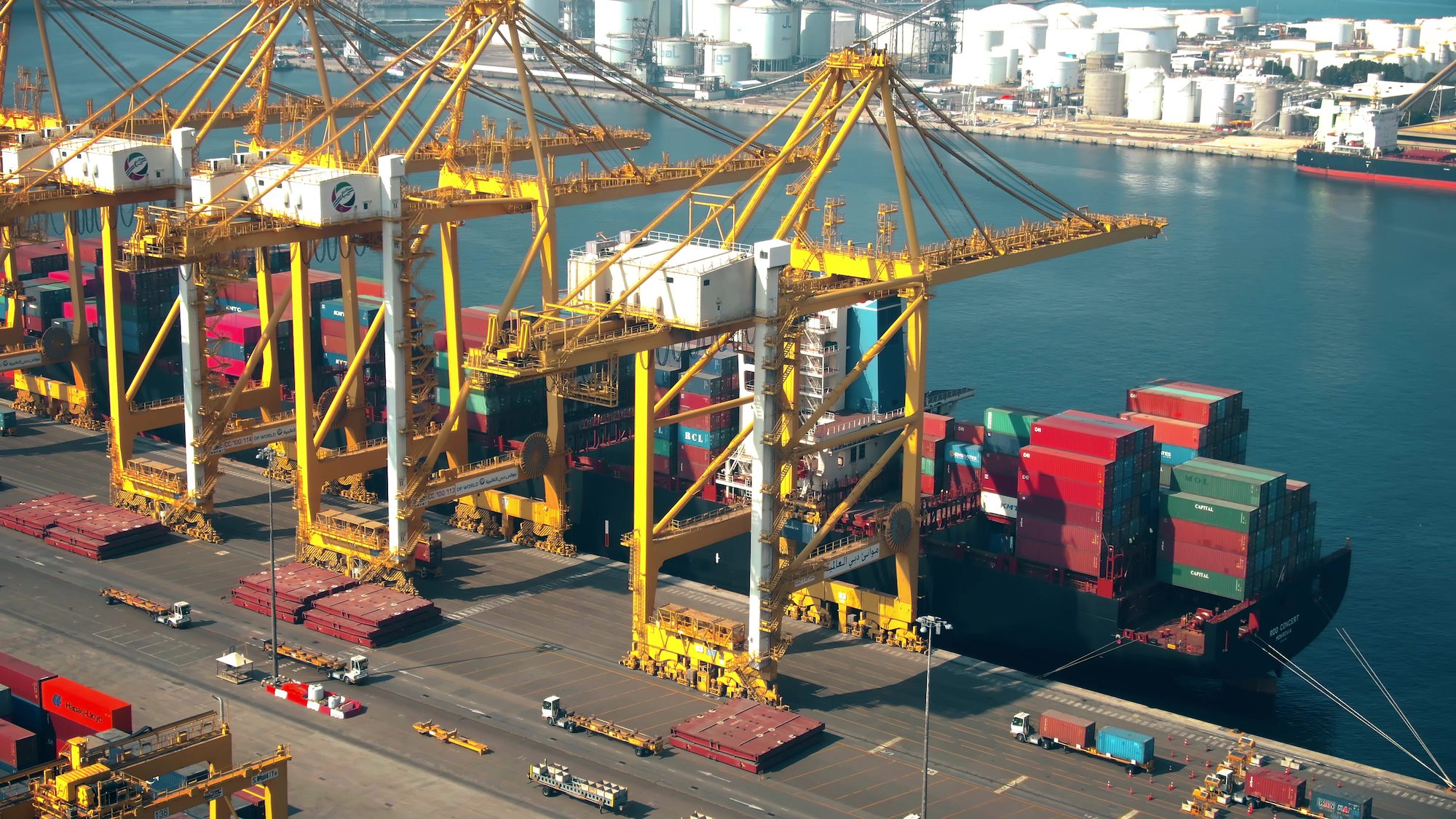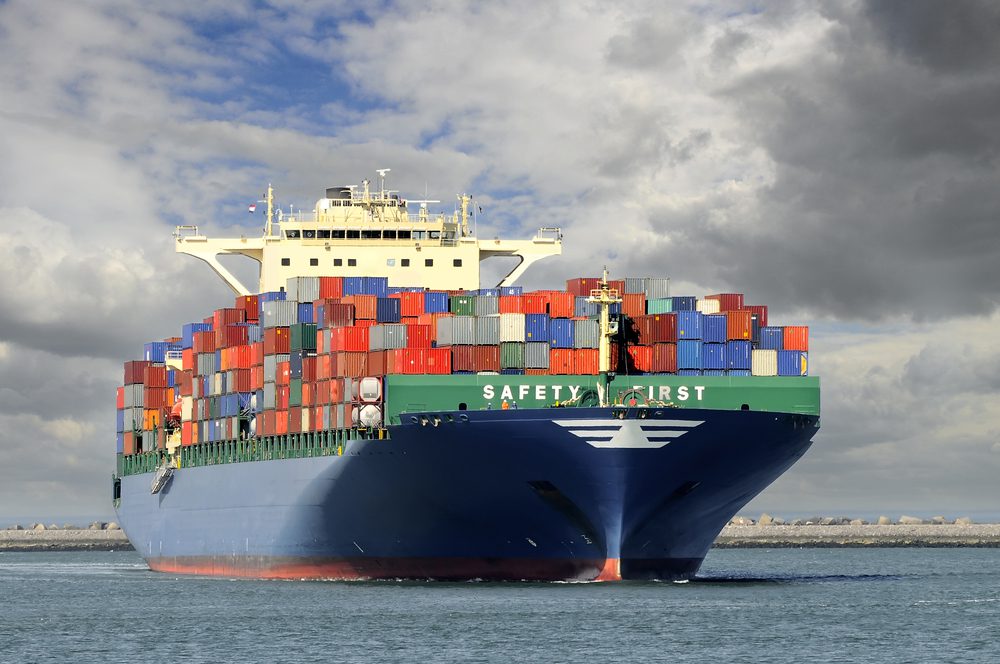By Mike Wackett (The Loadstar) –
Ocean carriers could be on course to make a profit of $100bn this year.
And Drewry says their medium-term profitability is virtually assured, due to a paucity of supply.
Even with the flood of orders for newbuild containerships stemmed for delivery in 2023 likely to break all-time records for an injection of liner capacity – and potentially tip the supply-demand scales back in favour of shippers – carrier profits in the interim will see them “set up for years to come” says the maritime consultant.
Drewry’s latest quarterly Container Forecaster report includes huge upgrades for freight rates and carrier profits against a background of operational disruptions to the supply chain.
It has significantly upgraded its average freight rate forecast and full-year industry profitability and thinks the market is “facing medium-term (or extended) under-supply”.
“Given the substantially higher freight rate forecast for this year, Drewry has made a major upgrade to our full-year 2021 industry ebit outlook. We are now forecasting industry ebit of approximately $80bn for this year – up from our previous estimate of $35bn,” said senior manager – container research and author of the report Simon Heaney.
“If freight rates surpass expectations in the remainder of the year, we would not be surprised to see an annual profit line in the region of $100bn,” he added.
“We are now getting accustomed to seeing triple-digit annual growth for spot rates on most lanes. That these instances are no longer shocking is further proof, if needed, that the market truly is crazy right now.”
Noting that supply chain disruption, such as the Suez Canal blockage by Evergreen’s Ever Given, and the Yantian port restrictions had become “the key drivers of freight rates” Drewry said that the main difference from its report of three months ago was that “some of the numbers are much bigger”.
Drewry said it expected carrier ebit to drop by just over a third next year, due to softer freight rates and rising costs such as more expensive long-term charter fixtures, but this could still result in an industry profit approaching $70bn – “another astonishing performance by historical standards”, it said.
The report says volumes are expected to continue to rise through the third quarter and peak season, and Drewry has now revised its annual growth forecast up from 8.7% in March to approximately 10%.
And on the other side of the supply-demand coin, it expects capacity growth of 4.2% this year, up from 3.7% previously, and just 2.8% in 2022, with the main supply adjustments not due until 2023 and 2024 as the newbuilds are received by carriers.
Drewry said it estimated that some 16% of cellular capacity will have been lost this year as a direct consequence of lower port productivity, compared with an 11% reduction in 2020.
Summarising the key factors required to “fix the supply chain and get containers flowing as they should”, Drewry said port productivity needed to improve and liner services needed to be “more reliable and predictable”, the two “going hand in hand”.
It also suggested there needed to be “a slowdown in Asia-to-US demand to promote more equal distribution of capacity and equipment”.
“Shipping lines alone do not have the power to fix things, but the industry at large somehow needs to find a way to break the vicious circle,” said Drewry.
The Loadstar is known at the highest levels of logistics and supply chain management as one of the best sources of influential analysis and commentary.
Editorial Standards · Corrections · About gCaptain

 Join The Club
Join The Club











